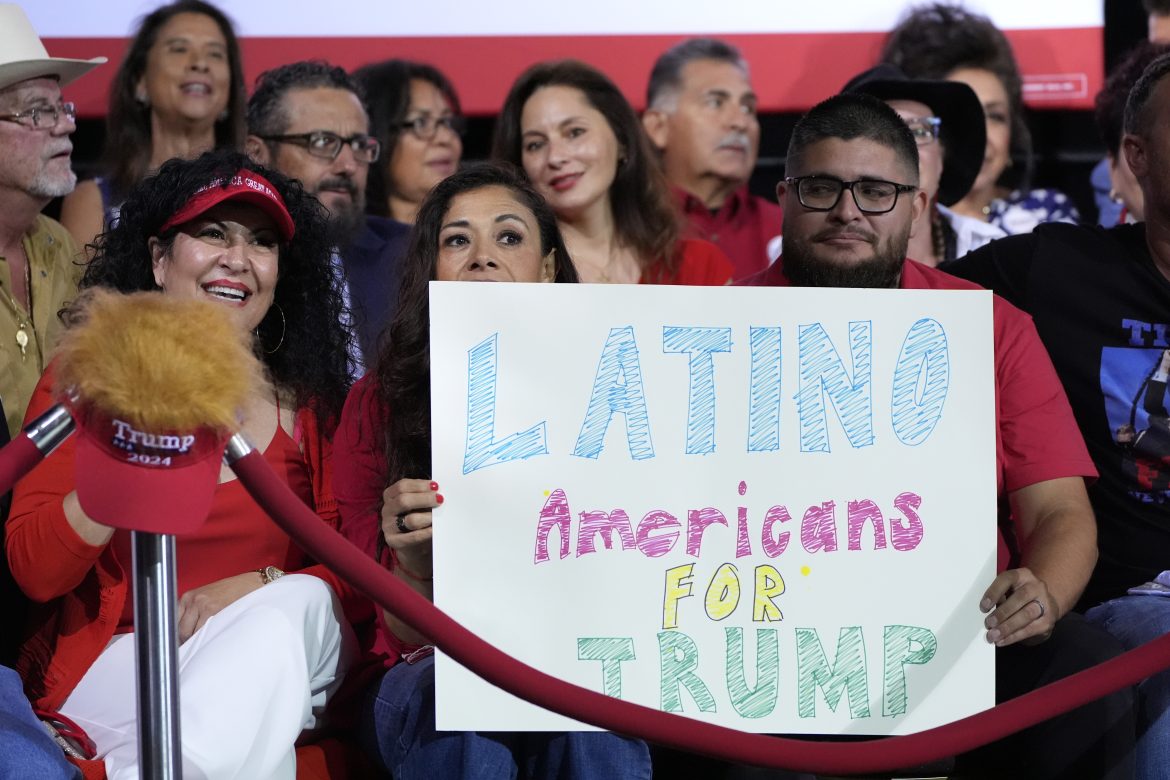Recent polling shows many Latino voters disapprove of President Donald Trump’s performance, but the disapproval has not translated into stronger support for the Democratic Party.
The data highlights varied political views among Hispanic voters, a demographic that plays a central role in U.S. elections.
The survey, conducted with a cross-section of Hispanic respondents, found most expressed dissatisfaction with Trump’s actions while in office. The degree of disapproval varied across subgroups. Immigration, economic policy, and responses to social justice issues were cited as main concerns.
Despite these views, polling does not show large shifts toward Democrats. Some Latino voters express interest in Democratic candidates, but many remain undecided or consider third-party options. Analysts point to limited Democratic outreach and voter perceptions of party priorities as possible reasons.
Democrats have emphasized immigration reform, healthcare, and education in efforts to attract Latino support. These issues have not yet produced measurable increases in voter backing. Party officials acknowledge challenges in presenting a unified message.
Latino voters show variation in political alignment based on factors such as nationality, socioeconomic status, and region. Cuban Americans in Florida lean Republican, while Mexican Americans in the Southwest are more likely to support Democrats.
Republicans appeal to Latino voters through themes of economic opportunity and traditional values, while Democrats focus on reform measures and social programs. Both parties face obstacles in winning consistent majorities among Hispanic voters.
In states with large Latino populations, including Florida, Texas, and Arizona, voter preferences could shape election outcomes.

